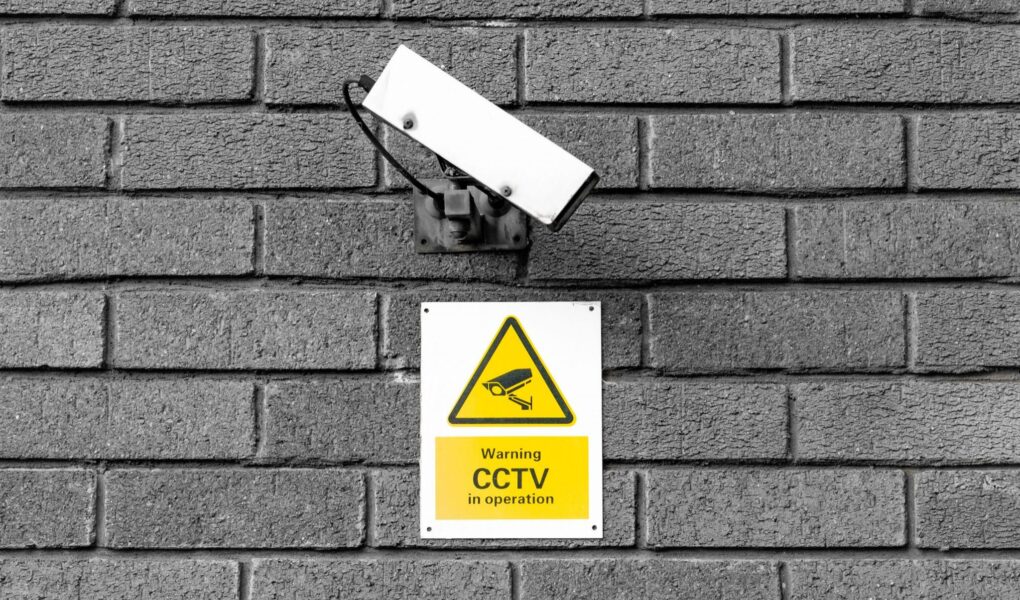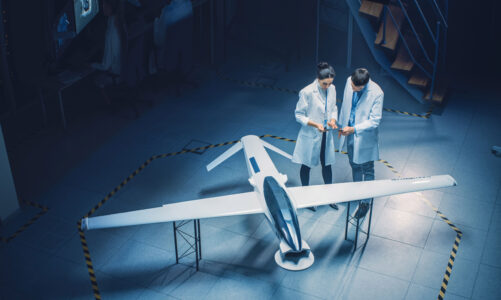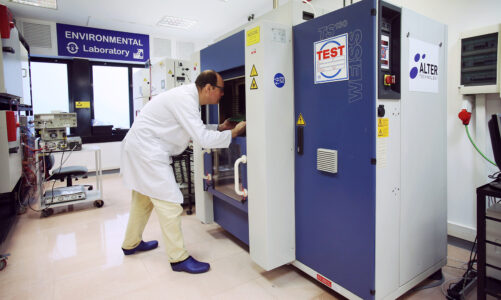The importance of security and privacy is now a top priority for individuals and organizations. To that end, the adoption of closed-circuit television (CCTV) systems has become widespread to improve security measures. The implementation of CCTV in the UK raises questions about privacy and legal regulations.
Understanding CCTV Systems
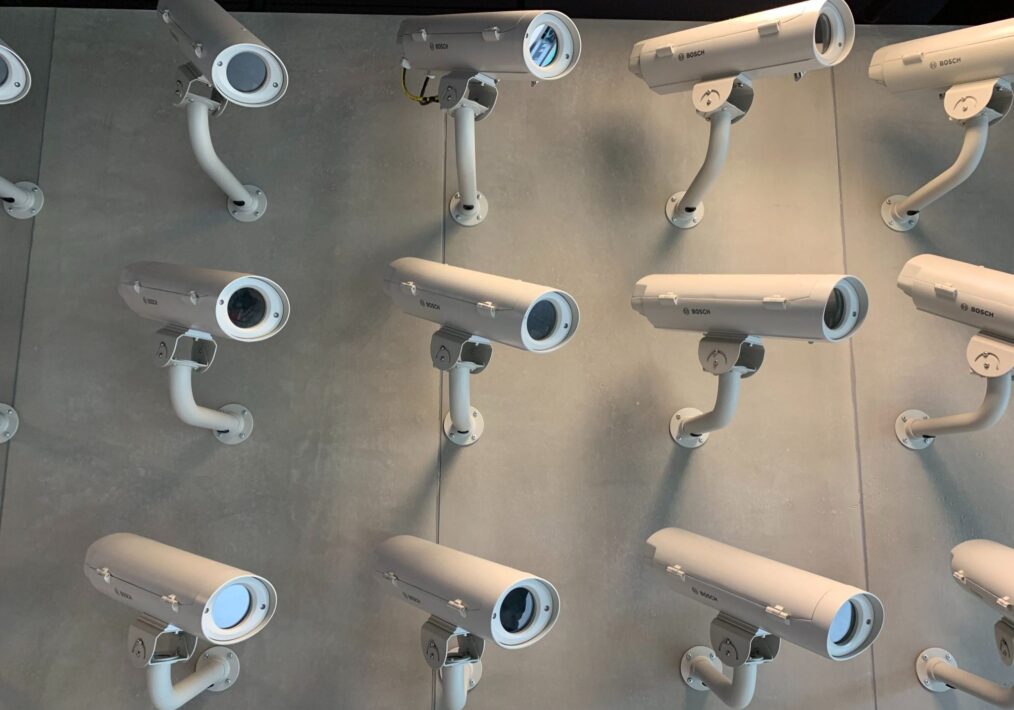
CCTV refers to a system of cameras and monitoring devices used to capture and record visual images in a design area. These systems play a very important role when it comes to deterring crime, assisting in investigations, and promoting a safer environment. A typical CCTV system comprises several components, including cameras, recorders, monitors, and storage devices.
Although CCTV surveillance does offer benefits, it’s crucial to recognize its potential drawbacks as well. Critics argue that excessive surveillance can infringe upon individual privacy, leading to concerns about constant monitoring and the potential for misuse of recorded footage. Striking that right balance between security and privacy is as a consequence extremely important.
Legal Considerations for CCTV in the UK
In the UK, there exists an extensive framework of regulations and legislation that regulate the usage of CCTV. Familiarising oneself with these legal obligations is vital for both operators and users of CCTV systems. In so doing, compliance with the law is guaranteed and the privacy rights of individuals are safeguarded.
Legislation Governing the Use of CCTV
The Data Protection Act 2018 and the General Data Protection Regulation (GDPR) are the major legal frameworks that were set up to regulate the processing of personal data obtained through CCTV surveillance. These regulations emphasize the importance of obtaining lawful grounds for processing personal data, ensuring data security, and respecting individual privacy rights.
The Human Rights Act 1998 is also relevant in the context of CCTV. Balancing individual privacy rights with surveillance needs, public authorities must protect personal data to uphold the right to privacy.
As well as this, the Surveillance Camera Code of Practice, issued by the Home Office, offers guidance on the appropriate and transparent use of surveillance cameras. While not legally binding, compliance with this code is considered essential in demonstrating good practice.
Legal Obligations of CCTV Operators
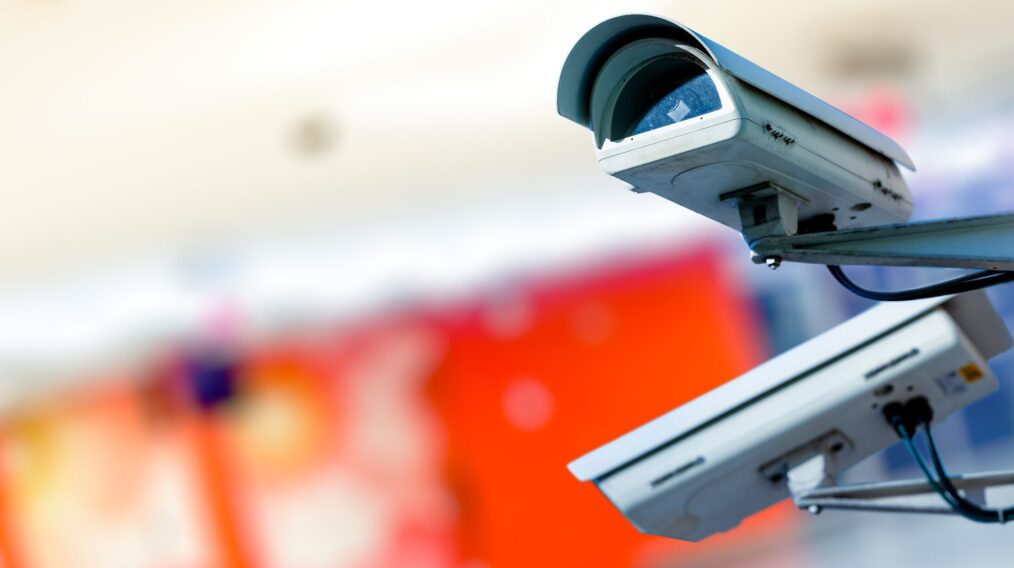
CCTV operators in the UK have specific legal obligations that must be adhered to for responsible and compliant use of surveillance systems.
Firstly, operators must register with the Information Commissioner’s Office (ICO) if they process personal data through CCTV. This registration helps the ICO keep track of organizations using CCTV and ensures accountability.
Secondly, conducting a Data Protection Impact Assessment (DPIA) is essential for CCTV operators. A DPIA helps identify and minimize the risks associated with CCTV use, assesses the necessity and proportionality of surveillance measures, and evaluates the impact on individuals’ privacy.
Lastly, CCTV operators must implement appropriate security measures to safeguard the data collected. This includes measures to prevent unauthorized access, secure storage systems, and regular data backups.
Balancing Security and Privacy Rights
Balancing the need for security with privacy rights is a fundamental aspect of CCTV usage. CCTV operators must justify the necessity and proportionality of surveillance measures in the areas they cover.
Moreover, the implementation of privacy notices and CCTV signs plays a significant role in achieving this balance. Privacy notices inform individuals about the presence of CCTV and the purposes for which their data is being processed. CCTV signs serve as a visible indication that surveillance is in operation, increasing awareness and providing an opportunity for individuals to exercise caution in their actions.
Key Considerations for CCTV Users
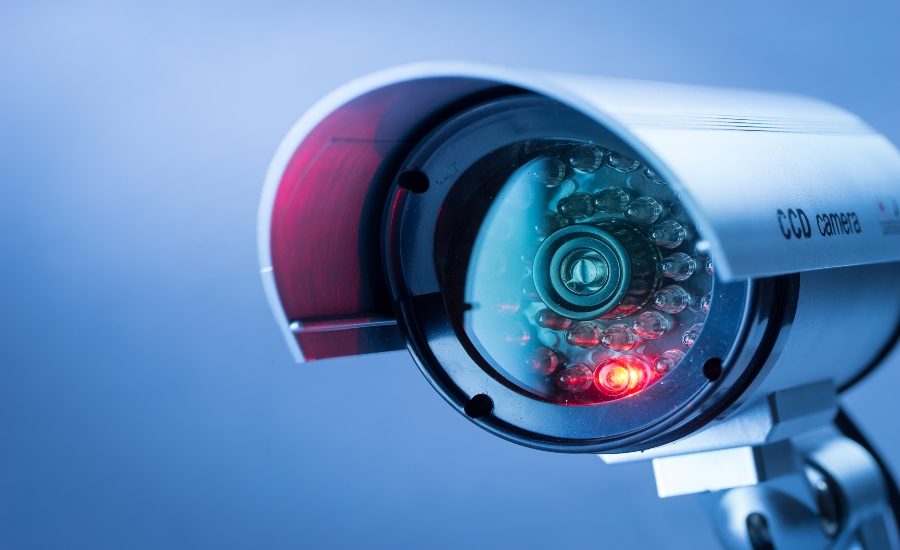
While understanding the legal framework is important, there are additional considerations that CCTV users must keep in mind to ensure responsible and effective surveillance practices.
Location and Placement of CCTV Cameras
When installing CCTV cameras, careful consideration must be given to their location and placement. CCTV cameras in public spaces should focus on more high-risk areas such as entrances, parking lots, and crime-prone zones. However, it is crucial to avoid capturing footage from private areas to respect individuals’ privacy rights.
Retention and Storage of CCTV Footage
CCTV operators must establish clear policies regarding the retention and storage of CCTV footage. They should follow data minimization principles, ensuring that footage is only retained for as long as necessary. Implementing secure storage systems and access controls is essential to prevent unauthorized access to recorded data.
Access to CCTV Footage and Data Sharing
Access to CCTV footage should be strictly controlled to prevent misuse. Proper protocols must be in place to handle requests from law enforcement agencies or other authorized parties. Additionally, individuals have the right to request access to their data captured by CCTV systems. Therefore, it is important to establish procedures for handling data subject requests and ensuring compliance with data protection regulations.
Ensuring Compliance and Best Practices
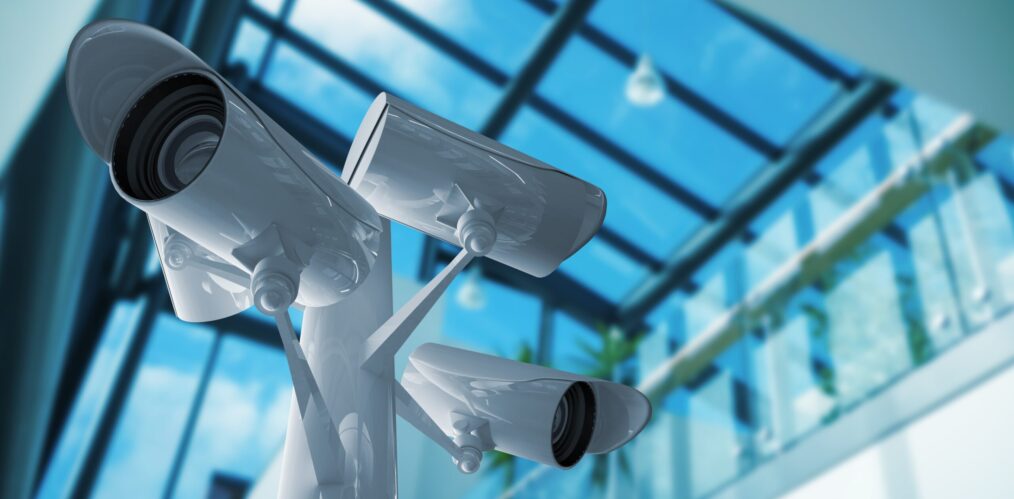
To maintain a responsible and compliant CCTV system, the following practices should be implemented:
- Conduct regular audits and reviews of CCTV systems to identify and rectify any security or privacy vulnerabilities.
- Provide comprehensive training and awareness programs for staff members responsible for operating and managing CCTV systems.
- Engage with local authorities and the ICO to stay informed about any updates or changes in regulations and best practices.
- Consider implementing privacy-enhancing technologies, such as anonymization and encryption, to further protect individuals’ privacy and enhance data security.
Conclusion
Finding the right balance between security and privacy is really important in the use of CCTV systems in the UK. Employing responsible CCTV practices means we can strike the right balance, fostering a safer environment while respecting the privacy of individuals.

